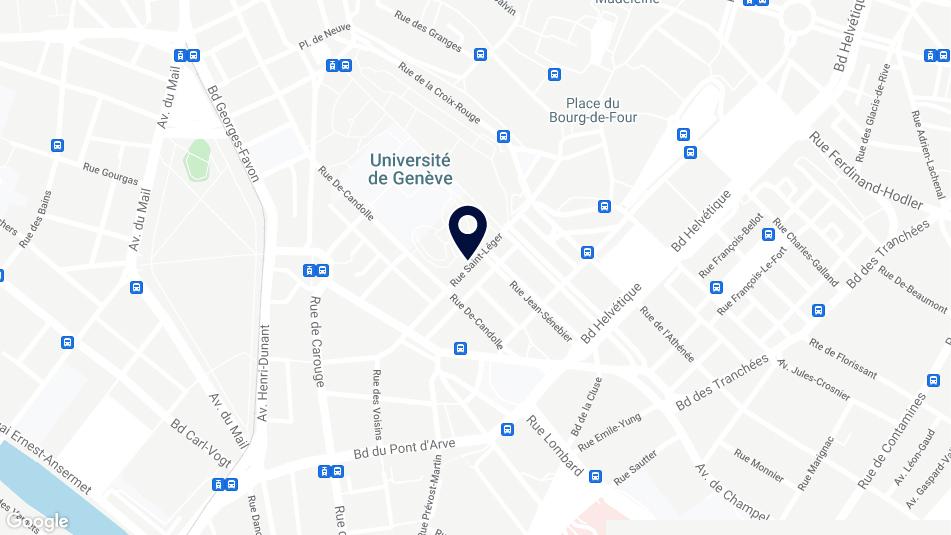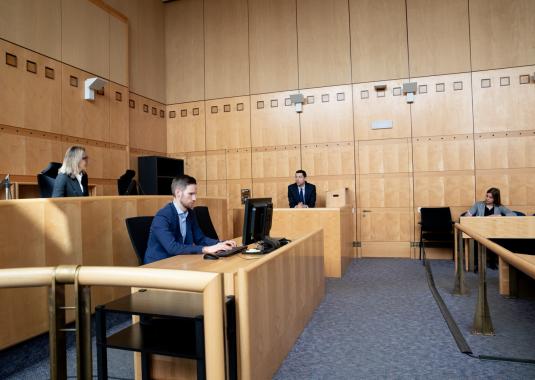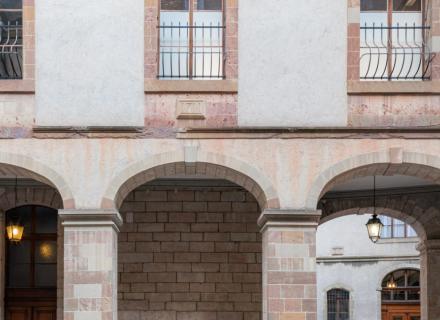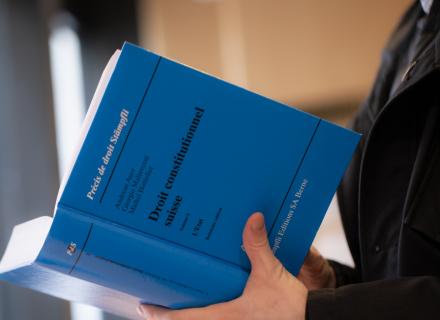Contacts
Address
Contact details
Mailing address
Chambre constitutionnelle
Case postale 1956
1211 Genève 1
Competences
The Chambre constitutionnelle hears appeals against constitutional laws, laws and rules of order of the State Council, in matters of votes and elections and matters of validity of popular initiatives.
It also hears, as a single cantonal instance, actions concerning a conflict of competences between authorities.
Organization
The Chambre constitutionnelle is composed of 7 permanent judges.
It sits with 5 judges.
The judges of the chamber work in close cooperation with jurists and, for the administrative follow-up of the proceedings and the record of the hearings, with a clerk.
The Chambre constitutionnelle does not provide legal advice.
Proceeding
Your steps in brief
The proceeding involves several steps:
Step 1: bring an action before the Chambre constitutionnelle
You must submit your appeal in written form, in one copy per party, to the Chambre constitutionnelle by mail or by depositing it directly at the desk of the Chamber or the Greffe universel. It must be written in French and signed.
Your appeal must imperatively:
- Specify the facts and arguments justifying your appeal
- Indicate what you wish to obtain
- Include all the useful documents justifying your appeal
Step 2: pay an advance on costs
At the initiation of the appeal, you must in principle pay an advance on costs, the amount of which varies according to the nature of your dispute.
These costs, including miscellaneous disbursements and a fee, are to be borne by the parties whose appeal is not fully accepted.
If your resources are insufficient to ensure the defence of your interests in court, you can request legal aid.
Step 3: conduct of the proceeding
The delegated judge sets a deadline for the body concerned to reply to the appeal.
If necessary, a hearing will be held and further investigations may be ordered.
The parties can still express themselves at the end of the proceeding, and the case is kept for trial.
Step 4: end of the proceeding
The substantiated decisions (judgments) are communicated to you in writing.
Questions/answers
Parties whose examination has been ordered must appear in person; legal entities must appoint a representative.
Even when the examination has not been ordered, it is advisable to attend hearings held before the Chambre des assurances sociales de la Cour de justice in person.
Witnesses are required to appear personally.
If your resources are insufficient to defend your interests in court, you may, under certain conditions, be eligible for legal aid. This financial aid is not free of charge.
It consists mainly of partial or total payment of lawyers' fees and legal costs for people who do not have the necessary means to pay them. You will have to reimburse it as soon as you are able to do so.
For more information, consult the thematic guide Legal aid






